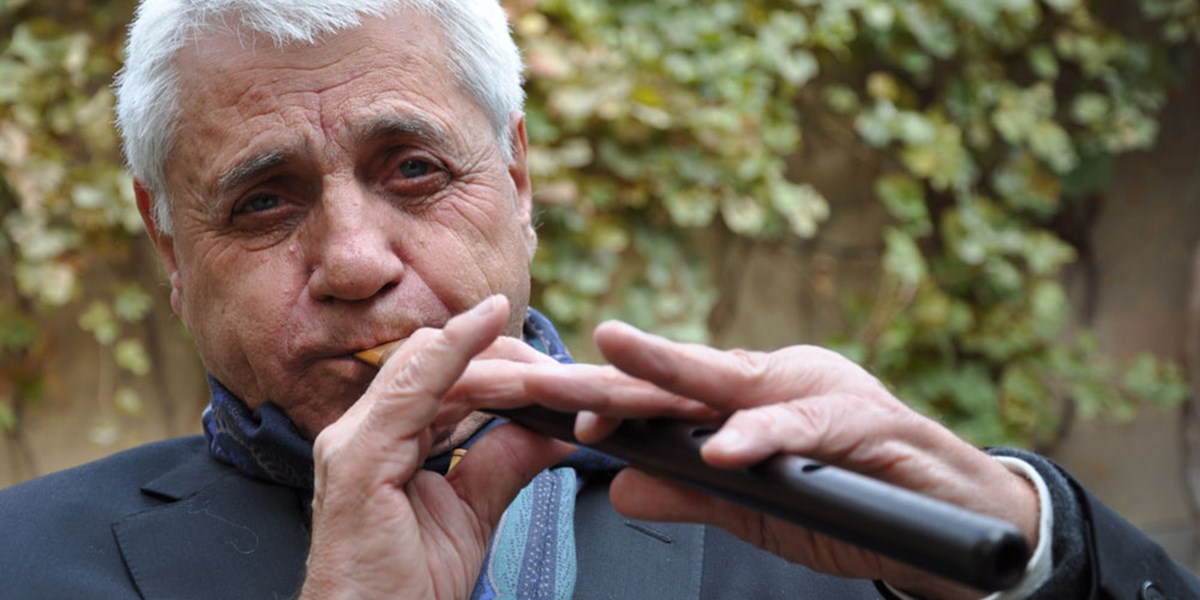Wednesday, July 7, 2021
Obituary: Djivan Gasparyan (1928-2021)
Legendary Armenian duduk doyen and composer Djivan Gasparyan has died, aged 92

Djivan Gasparyan (photo by Simon Broughton)

Register now to continue reading

Thanks for visiting the Songlines website, your guide to an extraordinary world of music and culture. Sign up for a free account now to enjoy:
- Free access to 2 subscriber-only articles and album reviews every month
- Unlimited access to our news and awards pages
- Our regular email newsletters

